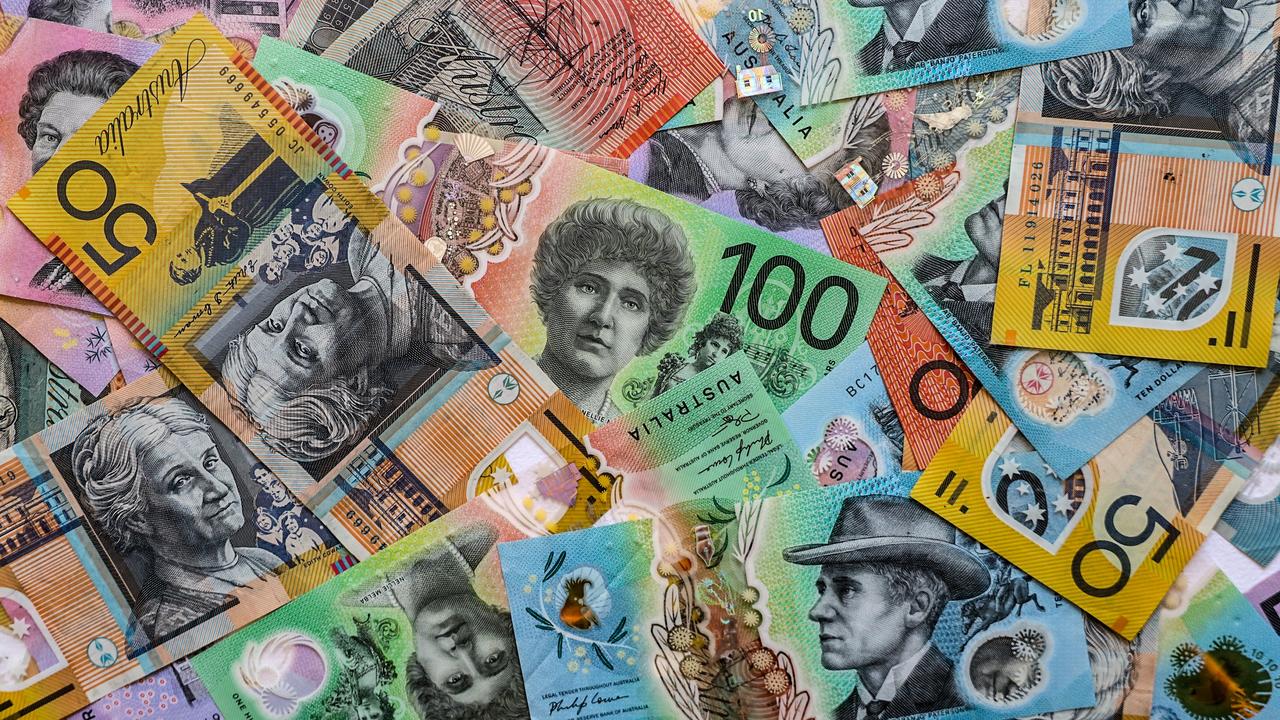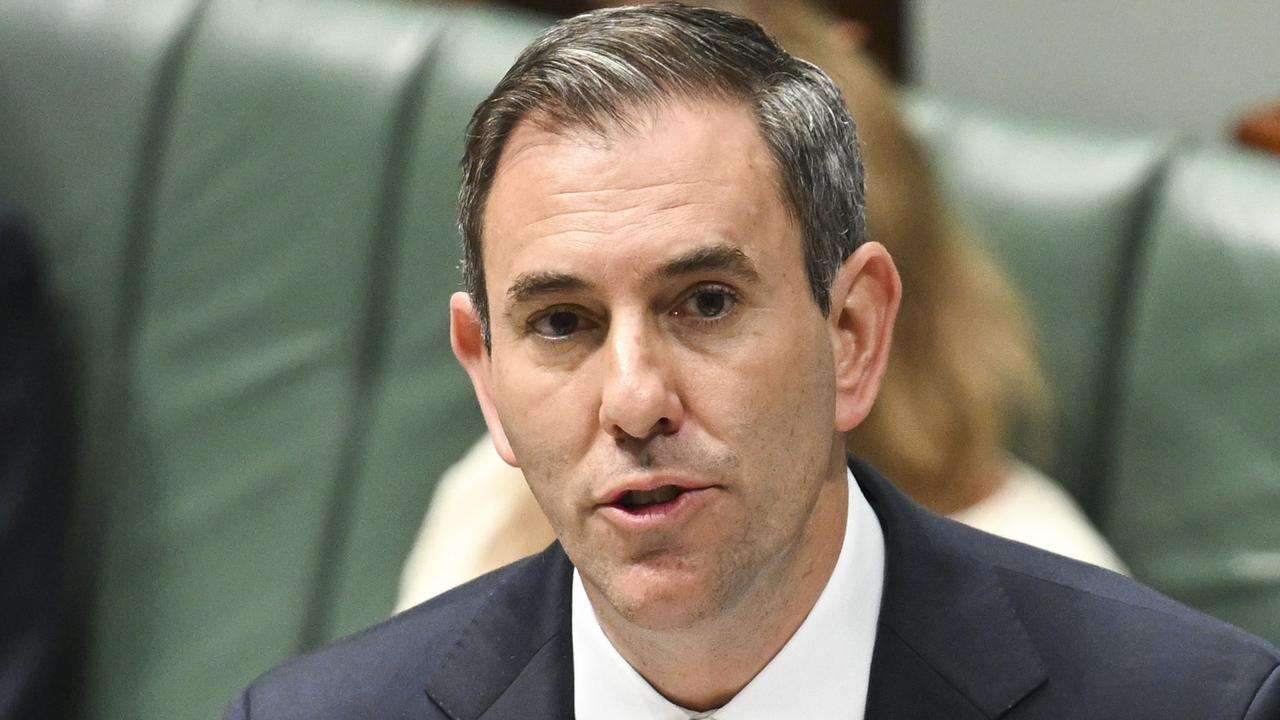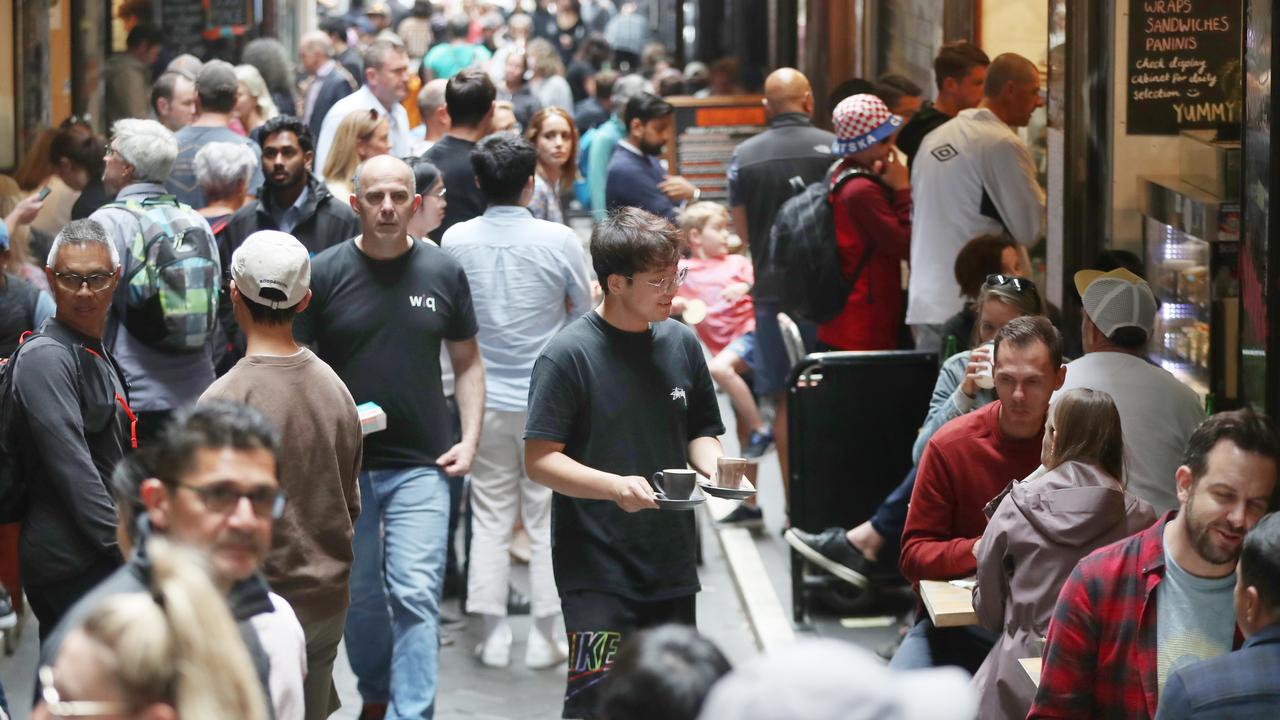Jim Chalmers says RBA could hike rates further if need be
The historic appointment of the first female RBA governor comes with a caveat, as inflation continues to bite.

Australians hopeful the new Reserve Bank governor will mark an end to interest rate hikes should manage their expectations as inflation continues to bite, the treasurer has warned.
Michele Bullock – who has served at the bank for four decades – will be the ninth governor of the central bank from September, after the Labor government decided not to extend Philip Lowe’s tenure.
But Australians hopeful that a new governor will mean an end to aggressive monetary policy, in the form of interest rate hikes, have been warned that’s not how the bank works.
Treasurer Jim Chalmers says while he understands why people “under pressure want to understand why” the interest rate decisions are being taken, the “Reserve Bank has an important role to explain the decisions they take”.
He said that while Labor was doing what it could to help the country weather the grim economic outlook ahead, the government couldn’t rule out further rate hikes.

He said he was confident Ms Bullock would “take the decisions independently”, after weighing up “all the evidence in the economy”.
“They will explain that decision and sometimes they will have to defend that decision. That won’t change when the governor of the Reserve Bank changes,” Dr Chalmers told ABC’s Insiders.
Pressed on whether anything would change under the new governor, Dr Chalmers said he wouldn’t change his approach.
“I‘m not going to pre-empt the decisions that Michele Bullock might recommend to the board. I think that’s really important,” he said
“This is a long standing and cherished feature of the Reserve Bank, that it is independent. Michele Bullock is fiercely independent. She will undertake this task with professionalism and diligence, drawing on all the experience and expertise.”

Given Ms Bullock came under fire last month for in a speech for saying the economy would be closer to a more sustainable balance point if the unemployment rate were at 4.5 per cent, Dr Chalmers said her point was “relatively uncontroversial”.
“The Reserve Bank and the Treasury forecasts have inflation moderating in coming months, they have a tick-up in unemployment,” he said.
“I’ve been upfront. The challenges in the economy are substantial – globally and domestically. The slow down that is expected in the forecasts is significant, and that will have implications for the unemployment rate which was the point Michele Bullock was making.
“We expect (unemployment) to tick up, as a consequence of higher interest rates and global economic uncertainty as the economy slows.”
Dr Chalmers said the government would continue to do what it could to take the edge off inflation, rather than add to it.
But as for whether that would mean rolling out more cost-of-living help, Dr Chalmers said if something “different or extra” was needed down the track, “we would contemplate that”.
“Right now, we’re rolling out what people would consider textbook fiscal policy in the circumstances,” he said.

It comes as the opposition prepares to launch its latest offensive, targeting the government’s “lacklustre” approach to the cost-of-living crunch,
Deputy opposition leader Sussan Ley will use the last two weeks before the next sitting fortnight to hit 17 electorates in four states, predominantly held by the government, to gauge how badly the country is struggling.
Labelling the pain that everyday Australians are feeling as the result of “Albo-nomics”, Ms Ley said Australian families were hurting every time they were at the supermarket, paying their mortgage repayments or received a bill.
“I think most Australians are feeling that pain, that feeling that things are getting harder. Well, I can tell Australians who to blame – blame Albo-nomics,” she said.
“Under Albo-nomics, government is bigger and spending is higher but Australian families and small businesses are going backwards.
“It is going to get worse … The Prime Minister and the Treasurer can spit it however they want, but Australians can feel how bad things are in their communities.”



